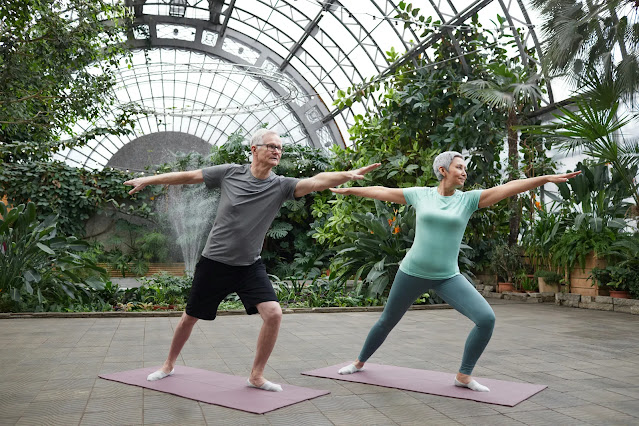Understanding Hyperpigmentation: Causes, Prevention & Dermatologist-Backed Treatments
Understanding Hyperpigmentation: Causes, Prevention & Dermatologist-Backed Treatments
Category: Skin Science

Hyperpigmentation—those stubborn dark spots and uneven patches—can be frustrating. According to Dr. Aisha Khan, board-certified dermatologist, it results from an overproduction of melanin in response to UV, inflammation, or hormonal changes. This guide unpacks UV protection essentials and at-home brightening tips, then dives into proven treatments dermatologists trust.
What Causes Hyperpigmentation?
Melanocytes produce melanin to protect against UV damage. Triggers include:
- Sun Exposure: UVB stimulates melanin; SPF 30+ blocks 97% of UVB rays.
- Post-Inflammatory: Acne or eczema lesions heal darker—known as PIH.
- Hormonal Melasma: Estrogen/progesterone surges during pregnancy or OCP use.
Prevention Strategies
1. Broad-Spectrum Sunscreen
Use daily, reapply every two hours. Dr. Khan recommends a mineral SPF with zinc oxide (e.g., EltaMD UV Clear SPF 46).
2. Gentle Anti-Inflammatory Skincare
Avoid harsh peels and fragrances. Incorporate soothing agents like niacinamide and panthenol to calm redness.
Dermatologist-Backed Treatments
1. Topical Hydroquinone (2–4%)
The gold standard for lightening. Apply a pea-sized amount nightly on spots for up to 3 months under supervision.
2. Prescription Retinoids
Tretinoin accelerates cell turnover. Over-the-counter bakuchiol offers a gentler alternative (e.g., Bakuchiol Serum).
3. Chemical Exfoliants: AHA & BHA
Glycolic acid 10% or salicylic acid 2% loosens pigmented cells. Use 2–3× weekly at night.
4. Professional Peels & Lasers
Chemical peels (TCA, Jessner’s) and Q-switched lasers offer targeted removal. Consult Dr. Khan for skin-type suitability.
At-Home Brightening Serums
Incorporate once AM and PM after cleansing:
- Vitamin C 10–20%: Neutralizes free radicals (e.g., SkinCeuticals C E Ferulic).
- Niacinamide 5%: Inhibits melanin transfer—look for Bioderma Cicabio or The Ordinary Niacinamide 10%.
- Alpha Arbutin 2%: Gentle tyrosinase inhibitor (e.g., Alpha Arbutin Serum).

